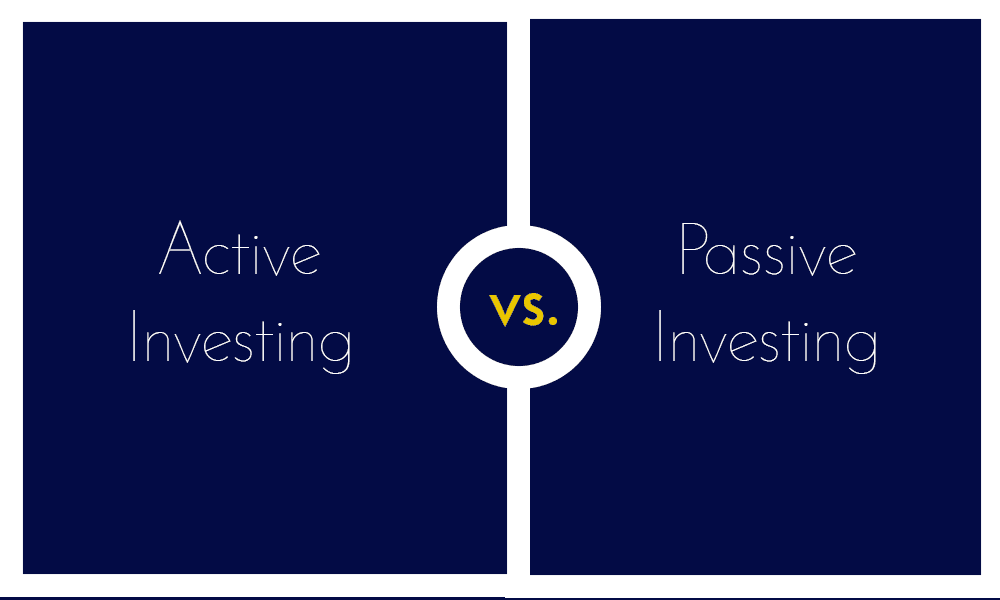How to Invest in S&P 500 Index?

Everything You Need to Know About How to Invest in S&P 500 Index.
What is the S&P 500 Index, and What Does it Mean to Invest in It?
The S&P 500 Index is one of the most well-known and closely followed stock market indices in the US. It consists of 500 of the biggest publicly traded firms listed on the NYSE or NASDAQ and is regarded as a gauge of the US stock market and the country’s overall economy.
Purchasing shares of a fund that monitors the performance of the 500 firms in the index constitutes investing in the S&P 500. As the investor is not selecting specific stocks but rather betting on the market as a whole, this is a sort of passive investment. An investor can gain extensive exposure to the US stock market and its growth potential by making investments in the S&P 500.
The Benefits of Investing in the S&P 500 Index for Beginner & Seasoned Investors.
Both novice and experienced investors can benefit from investing in the S&P 500 index. The index gives investors exposure to 500 of the biggest US corporations, which account for about 80% of the US stock market. It offers a cheap option to invest in the stock market and is well-diversified. The S&P 500 is a popular choice for long-term investing plans since historical data demonstrates that it routinely generates excellent returns over the long run. For both novice and experienced investors, investing in the S&P 500 is an enticing alternative due to its ease of use and low cost, as well as its performance and benefits from diversity.
How to Buy Stocks in the S&P 500 Index and Different Investment Strategies?
For long-term growth, investing in the S&P 500 index can be a wise financial decision. Open a brokerage account, examine individual stocks, or use index funds to purchase equities. It’s crucial to periodically review your investments and have a broad portfolio. Risk can be reduced by using dollar-cost averaging, in which investments are made consistently regardless of market volatility. Alternative tactics include growth investment, which places focus on a company’s potential for expansion, and value investing, which purchases stocks based on their underlying value. To choose the technique that will best serve your investing objectives, speak with a financial counsellor.
you can follow us on our facebook page for more information.




